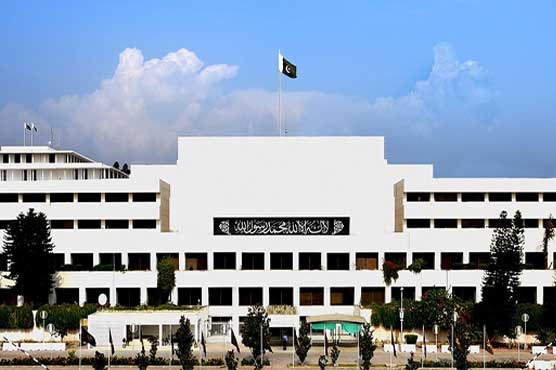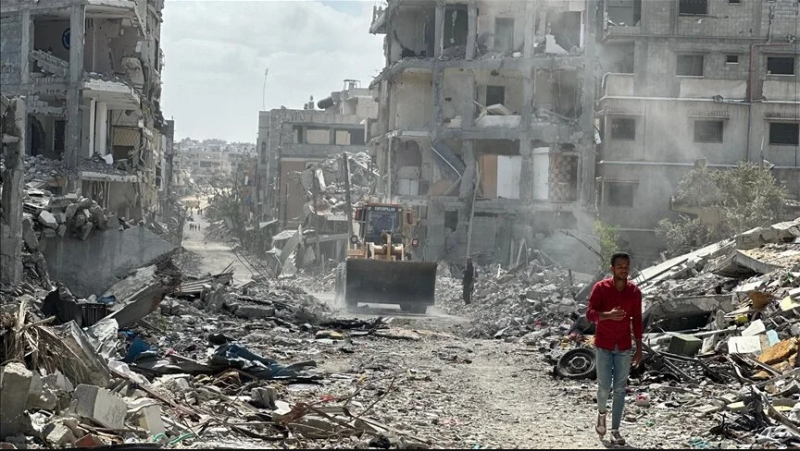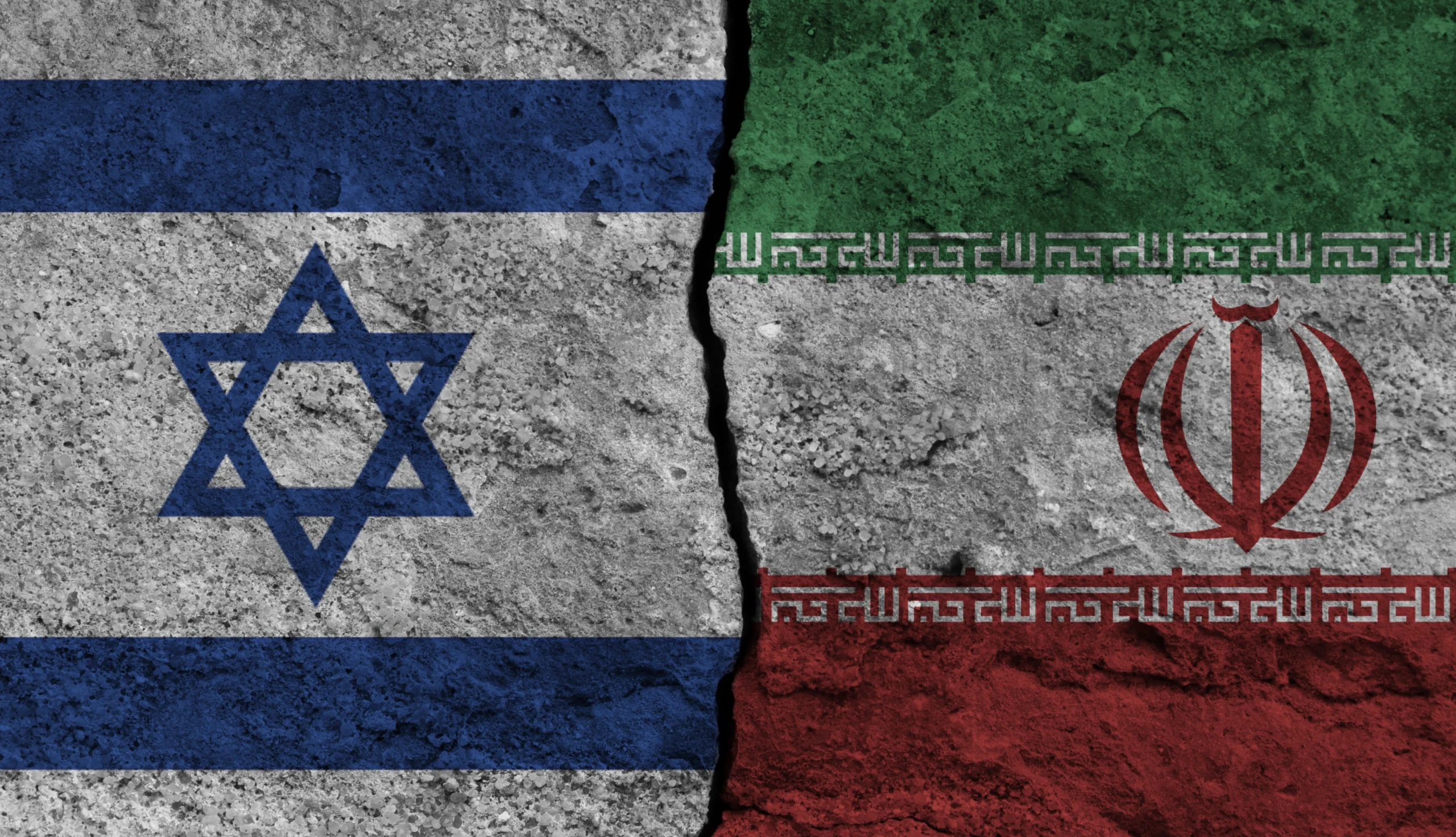Mubashir Nadeem
Parliamentary committees play a crucial role in the functioning of a parliamentary system of governance. These committees are established to facilitate the deliberation, scrutiny, and debate of legislative proposals, as well as to oversee the work of the government and its agencies. They are a key mechanism for ensuring that the legislative process is transparent, efficient, and effective.
One of the most important roles of parliamentary committees is to provide a platform for thorough debate and scrutiny of proposed legislation. These committees are responsible for reviewing and amending draft legislation, ensuring that it aligns with the interests and needs of citizens. This is essential to democracy, as it ensures that legislation is not only in line with the will of the people but also protects their rights and freedoms.
In addition to their legislative function, parliamentary committees also serve as a check on the executive branch of government. They hold the government accountable through questioning and oversight, ensuring that it is acting in the best interests of the people. This is particularly important in a parliamentary system of government, where the executive branch is often closely aligned with the ruling party.
Furthermore, parliamentary committees are essential to the smooth operation of the legislative process. They provide a platform for lawmakers to collaborate across party lines, building consensus and ensuring that legislation is passed in a timely and effective manner. This helps to avoid gridlock and political paralysis, ensuring that the government can continue to function effectively.
Overall, the establishment of parliamentary committees is crucial to ensuring the proper functioning of a parliamentary system of governance. They provide a platform for thorough debate and scrutiny of proposed legislation, hold the government accountable, and facilitate collaboration across party lines. Without these committees, the legislative process is hampered, and the voice of the people is neglected. It is the shared responsibility of all political parties to establish and maintain these committees to ensure a system of checks and balances and uphold democracy.
For more than a month, Pakistan has been grappling with a severe political impasse in the National Assembly. The inability of parliamentary political parties to agree on the formation of parliamentary bodies is not just a hurdle, but a roadblock, impeding the smooth operation of the National Assembly. This deadlock is not just a challenge, but a pressing issue for the political landscape of Pakistan.
The absence of committees in the National Assembly is not just causing delays in the process of passing important legislative laws, but also hindering the thorough debate and scrutiny of proposed legislation. The role of these committees is crucial as they provide a platform for ensuring that legislation aligns with the interests and needs of citizens. Their absence is a direct threat to the democratic process and the voice of the people.
In addition, these parliamentary committees serve as a check on the unfettered power of the executive branch by holding it accountable through questioning and oversight. Without these committees, any policies that the government intends to implement are put on hold, which impedes the progress of the state and results in increased inefficiency.
The absence of committees is not just slowing down the process of passing laws, but it’s also stifling the debate, scrutiny, and accountability in the formulation and passing of laws. These committees provide lawmakers with a platform to review and amend draft legislation, ensuring that the legislation is in line with the interests and needs of the citizens. The absence of these committees means that the interest of the public is being neglected, as there is no one to scrutinize the policies being made.
Speaker National Assembly Sardar Ayaz Sadiq has called on both treasury and opposition parties to reach a consensus so that formal meetings could be summoned to discuss the matter. However, no progress has been made on the issue, as the ruling party desires chairmanships of main bodies, while the opposition, particularly the PPP, seeks chairmanships of National Assembly Standing Committees.
The establishment of parliamentary committees is not just crucial, but it is a shared responsibility of all political parties. It is the key to ensuring a system of checks and balances, without which the legislative process is hampered. It is necessary to break free from this state of political paralysis as soon as possible. All parties must unite, set aside their differences, and reach a consensus to resolve this matter and ensure the proper functioning of the National Assembly.

















